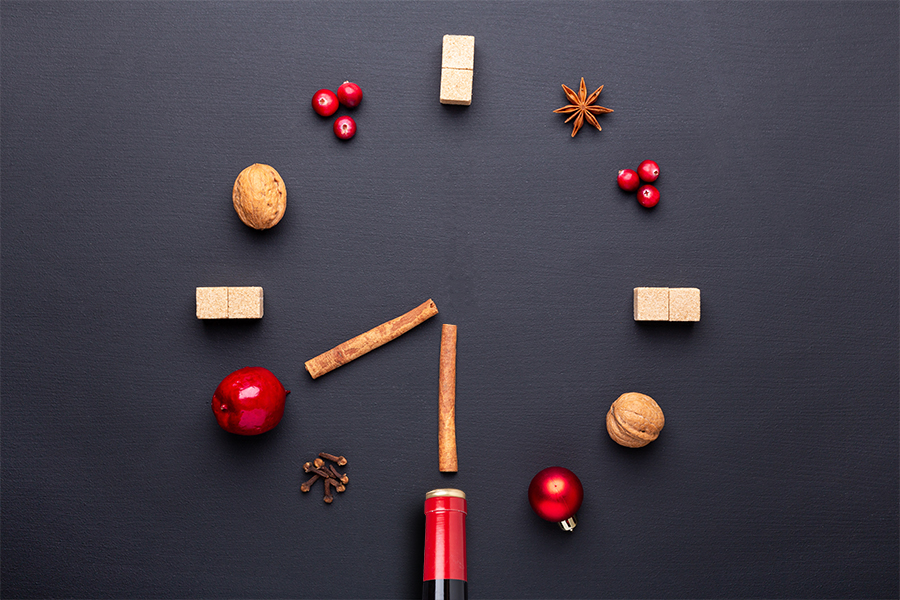Is ‘wine o’clock’ part of your life?
Social media has created a powerful shift in the way we think about alcohol. The language around drinking changed during the past few years. While the change appears to be subtle, it could be an indication of a significant problem at large.
We used to ask people “What’s your poison?” or come home from work and declare, “After a day like that, I need a stiff drink.” However, the way we describe this sort of thing has shifted from quite hard and abrasive phrases to more jovial and comedic ones. Now we are more likely to be enjoying a “cheeky glass of wine” or proudly posting a photograph of a chilled glass of pinot grigio on Instagram and announcing it’s officially “wine o’clock.”
This may seem like lighthearted fun, but something more sinister is going on at the core of this social trend. More and more people may turn to alcohol to deal with stress or cope with the pressure of daily life.
We tend to think of that “cheeky glass of wine” as a harmless social pleasantry. But alcohol is a highly addictive and hazardous drug. More than 3 million people die each year as a result of alcohol use, according to the World Health Organization.
Working mothers are a growing subsection of this modern-day ritual, perhaps understandably so, as the pressure to be perfect in so many different areas of life at once ever been so high.
These days, women must be high achievers in careers, perfect partners and wives who always look amazing, and at the same time inspirational role models to their children. It’s an impossible dream, peddled continuously by TV, Hollywood, and holier-than-thou social media feeds of friends and colleagues.
The truth is, nobody’s life is as perfect as it appears on a Facebook profile.
Some working moms may be tucking the little ones in bed and routinely reaching for the corkscrew. Gone are the days when drinking was done in plain sight, in bars and pubs. These days, it’s easier to pick up wine in the grocery store and drink at home.
This is a problem because it means a lot of people’s problem drinking goes undetected. In the United Kingdom, it was recently reported around 50 people a week are admitted to hospitals with liver problems directly as a result of this home-based self-sedation.
The gender balance has shifted dramatically too. Go back a hundred years or so and men were three times as likely to develop a problem with alcohol as compared to women, most likely because drinking happened male environments, such as the local pub. For women, drinking alcohol on public display was not deemed ladylike behavior.
These days, there is practically no difference in the balance of problem drinking between the genders. Women have caught up to the men dramatically.
Making matters worse, alcohol manufacturers take advantage of this growing habit. Notice the wine and spirits industry kicks its marketing into high gear certain times of the year, and Mother’s Day is one of them. There is even a brand of wine available now called Mother’s Little Helper.
No matter what problem it’s being used to address, alcohol is never the solution. The relaxing sensation that alcohol appears to provide is an illusion and evidence of how the drug manipulates people to use it more than they want.
It’s time for a change, starting with the removal of some of the intense pressure society places on working mothers. Next, regulate advertising and prevent underhanded tactics being employed by the alcohol industry as a huge leap forward. However, this will take time. Waiting for the government to wake up and smell the coffee on this issue could be a recipe for disaster for many families.
The best policy we can individually adopt is to stop fueling the “wine o’clock” narrative on social media and take a good long look at our own drinking before it damages our health and the lives of those we love.
About the writer
Craig Beck, also known as the Stop Drinking Expert, is a professional alcohol addiction therapist and mentor. He’s the author of several bestselling addiction recovery books such as “Alcohol Lied to Me” and “The Alcohol Illusion.” His specialist approach to alcoholism recovery and rehabilitation is directly based upon his personal experience as a former problem drinker. Find out more at https://www.stopdrinkingexpert.com.


Good post guys!